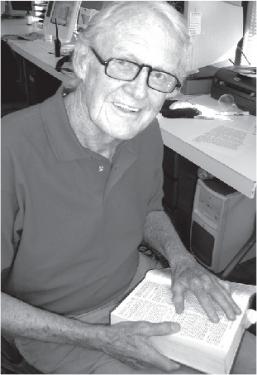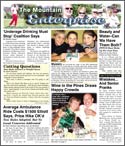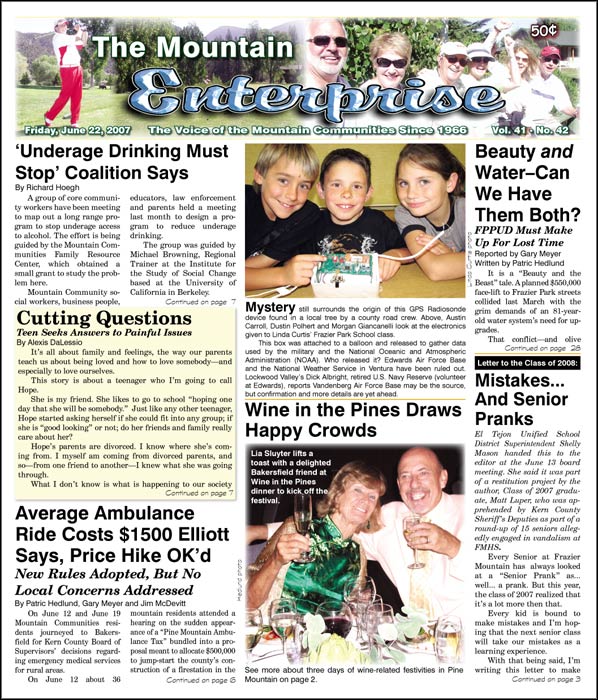
Richard Hoegh
By Richard Hoegh
Libelous emails circulating throughout the mountain region appear to be on the rise. Targeted recipients are people who are in prominent positions, civic leaders and elected officials. Is there a reason? Can broadcasting degrading falsehoods on the internet ever be justified? Can the resulting injuries be simply ignored? What impact does this practice have on our broader community?
California law provides to every person a basic protection against defamation. Defamation can be defined as "a publication, oral or written, which can expose any person to hatred, contempt, ridicule or obloquy or which injures him in his occupation." If it is written, it is libel; if oral, it is slander. A false charge that someone has committed a crime is libelous on its face.
In a court of law, there are defenses against charges of libel. A communication about a public official regarding "a matter of public concern" creates liability only if there is clear and convincing evidence that the communication or report was made with knowledge of its falsity or with reckless disregard for truth or falsity of the statement.
Consider this example:
An individual publishes false charges, saying that a public official has received an illegal political donation from a charity and misused his position on the board of directors of that charity for personal gain. Is there such a defense if public records reveal the exact opposite to be the truth-that in fact the sum in question was a donation from the official to the charity? Can the publisher’s claim not to know the charge is false stand as a defense? Beyond that, what impact does the charge have upon the donor, who now stands publicly accused of a crime?
Case law holds that there is a duty on the part of those who publish to investigate the veracity of their statements prior to publication. Sending an email on the internet makes us all publishers. Email does not stay private, and in the current example, emails have been sent to long lists of individuals, community volunteers and public officials throughout the state. In addition, search engines such as Google may give an eternal life to false statements made about others. The original charge of wrongdoing, libelous as it is, remains on the internet- an archive of defamation. Someone else can easily come along, and republish the libelous material as true, perpetrating and multiplying the original injury.
The courthouse does not provide a helpful remedy.
What can we do here in our community to eliminate or curb the growing intensity of abuse on the internet?
Richard Hoegh received his L.L.D. from Harvard Law School. Although he is retired from practice, he is a member in good standing with the California Bar Association. He serves as a community correspondent for The Mountain Enterprise.
This is part of the June 22, 2007 online edition of The Mountain Enterprise.
Have an opinion on this matter? We'd like to hear from you.


